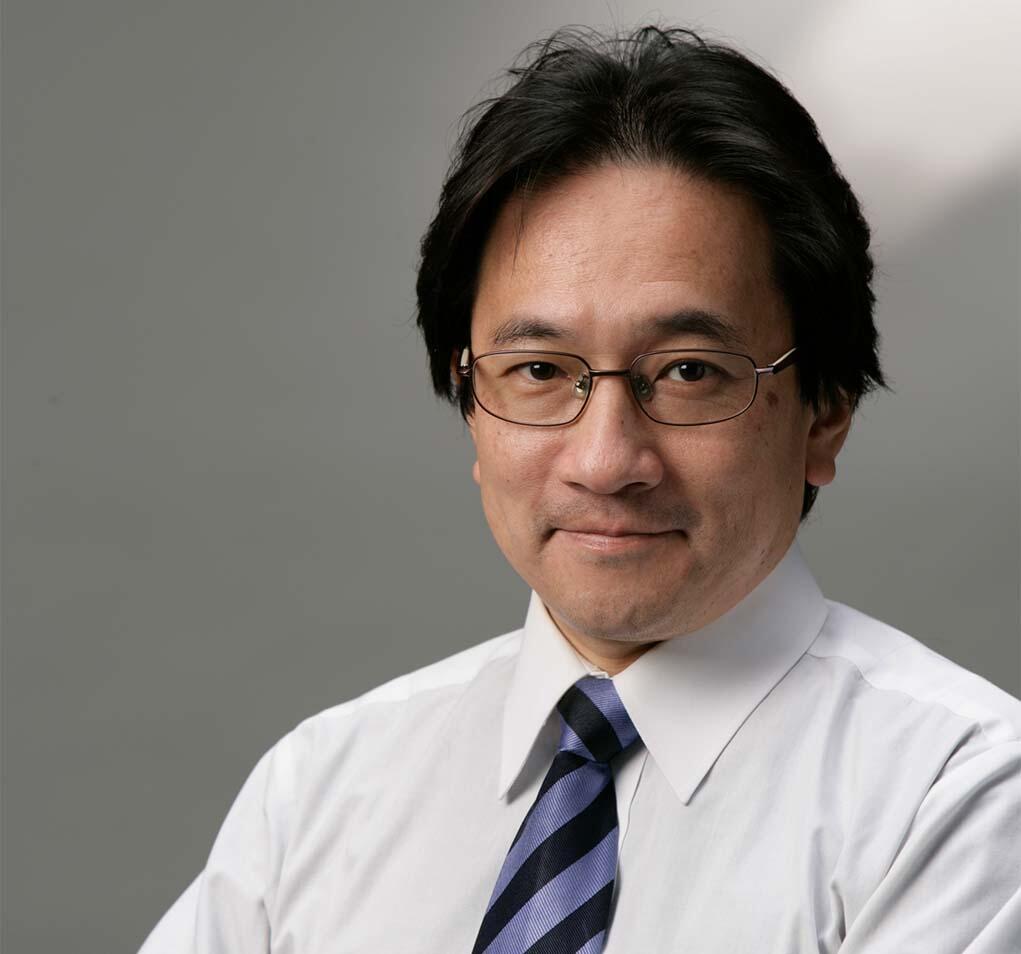The 2021 Keio Medical Science Prize Awardees
Katalin Karikó, Ph.D.

Senior Vice President, BioNTech SE
Adjunct Professor, Perelman School of Medicine, University of Pennsylvania
Reason for Selection
“Discovery of Specific RNA Modification Leading to mRNA Vaccine Development”
Messenger RNA (mRNA) molecules convey genetic information from DNA to the ribosome, where they specify the amino acid sequence of the protein products of gene expression. In 1989, Katalin Karikó, Ph.D. started working on mRNA with the conviction that mRNA could be used to instruct cells to make their own medicines. However, as it turned out, human immune cells exposed to synthesized mRNA generated a strong immune response accompanied by secretion of inflammatory molecules. After many years of trial and error, Dr. Karikó found that the incorporation of a modified nucleoside, known as pseudouridine, into the mRNA ablated the immune response. In addition, the modification directed the cellular synthesis of quantities of protein that were several times larger than those produced by the conventional, unmodified mRNA. These findings of Dr. Karikó regarding modified mRNA went on to pave the way to the stunningly successful COVID-19 vaccines that have been developed by pharmaceutical companies. Now that mRNA vaccine technology has been proven, it is expected to transform other vaccines and therapeutic strategies to tackle not only infectious diseases such as HIV, influenza, and malaria, but also cancer and heart failure. Therefore, her achievement is undoubtedly worthy of the Keio Medical Science Prize.
Background
Education
- 1982
- PhD University of Szeged, Szeged, Hungary (Biochemistry)
- 1978
- BS University of Szeged, Szeged, Hungary (Biology)
Position
- 2021-present
- Adjunct Professor, Department of Neurosurgery, University of Pennsylvania
- 2019-present
- Senior Vice President, BioNTech SE
- 2013-2019
- Vice President, BioNTech RNA Pharmaceuticals
- 2009-2021
- Adjunct Associate Professor, Department of Neurosurgery, University of Pennsylvania
- 1995-2009
- Senior Research Investigator, Department of Neurosurgery, University of Pennsylvania
- 1989-1995
- Research Assistant Professor, Department of Medicine, University of Pennsylvania
- 1988-1989
- Department of Pathology, USUHS, Bethesda, MD, USA
- 1985-1988
- Department of Biochemistry, Temple University, Philadelphia, PA, US
- 1982-1985
- Biological Research Center, Hungarian Academy of Sciences, Szeged, Hungary
Major Honors/Awards
- 2021
- Rosenstiel Award for Distinguished Work in Medical Science – Brandeis University, USA
- 2021
- Reichstein Medal – Swiss Academy of Pharmaceutical Sciences
- 2021
- Vilcek Prize for Excellence in Biotechnology – The Vilcek Foundation, NYC, USA
- 2021
- Princess Asturias Award – Princess Asturias Foundation, Spain
- 2021
- Semmelweis Award - Hungarian Government
- 2021
- Horwitz Prize – Columbia University, USA
Comments
I’m humbled and honored to receive the Keio Medical Science Prize in recognition of my contribution to identifying the specific RNA modification that helped develop the mRNA vaccines in the fight against COVID-19. As a result of the modification, mRNA therapies can be safely delivered to patients to make more effective vaccines against other infectious diseases or used for protein replacement therapies and gene editing to treat conditions with unmet medical needs.
Nureki Osamu, Ph.D.

Professor,
Graduate School of Science, The University of Tokyo
Reason for Selection
“Structural Biology of Key Molecules in Life”
Structural biology is an important area of molecular biology and biochemistry concerned with the molecular structure of macromolecules, especially proteins and nucleotides. Osamu Nureki, Ph.D. as a pioneer in the field of structural biology, has determined the three-dimensional structures of key molecules in life including those of RNA-protein complexes such as tRNA modification enzymes, G protein-coupled receptors and membrane transporters. His achievement has proved that structural biology is not just a method of learning about the structures of molecules, but also a strong means of investigating their biological functions and identifying unknown life phenomena. Recently, he determined the structure of CRISPR-Cas9 for the first time, paving the way to “genome editing-based drug discovery”. Fundamental knowledge originating from his research is now the basis underlying recent advances in biology and medical science. Taking all these above-mentioned facts into consideration, Dr. Nureki deserves to win the Keio Medical Science Prize.
Background
Education
- 1993
- Graduated from Department of Biophysics and Biochemistry, Graduate School of Science, The University of Tokyo (Doctor of Science)
- 1988-93
- Master and PhD student of Department of Biophysics and Biochemistry, Graduate School of Science, The University of Tokyo
- 1984-88
- Undergraduate of Faculty of Science, The University of Tokyo
Positions
- 2014
- Professor, Department of Biological Sciences, Graduate School of Science, The University of Tokyo
- 2010
- Professor, Department of Biophysics and Biochemistry, Graduate School of Science, The University of Tokyo
- 2008
- Professor, Department of Basic Medical Sciences, The Institute of Medical Science, The University of Tokyo
- 2003
- Professor, Department of Biological Information, Graduate School of Biosciences and Biotechnology, Tokyo Institute of Technology
- 2002
- Associate Professor at Department of Biophysics and Biochemistry, Graduate School of Science, The University of Tokyo
- 1995
- Assistant Professor, Department of Biophysics and Biochemistry, Graduate School of Science, The University of Tokyo
- 1994
- Special Researcher at Crystallography Laboratory, RIKEN
- 1993
- Postdoctoral Fellow, Protein Engineering Research Institute (PERI)
Major Honors/Awards
- 2018
- Medal with Purple Ribbon from Japanese Government
- 2014
- Takeda Medical Prize of Takeda Science Foundation
- 2014
- Uehara Prize of Uehara Memorial Foundation
- 2011
- Research Award of The Crystallographic Society of Japan
- 2011
- Inoue Prize for Science, Inoue Foundation for Science
- 2008
- JSPS Prize, Japan Society for the Promotion of Science
Comments
I was born at Keio University Hospital. During my childhood, I was interested in becoming a doctor and devoured Hideyo Noguchi biographies and Osamu Tezuka’s medical comic Black Jack. In high school, I struggled with finding my purpose and concluded that a life helping others would be a life worth living. I could have studied at the Faculty of Medicine at the University of Tokyo, but I was afraid of diseases and joined the School of Science, believing that I could contribute to medicine through basic research. As a Ph.D. student, I realized that remodeling and controlling proteins as machines made of atoms would allow us to significantly improve medical science. Currently, my laboratory is focused on the structural biology of non-coding RNA and membrane proteins, which are the building blocks of life and higher eukaryotes, and I am creating drugs and medical technologies with two venture companies. This Keio Medical Science Prize is a significant motivator for me to further my research and technological development.
